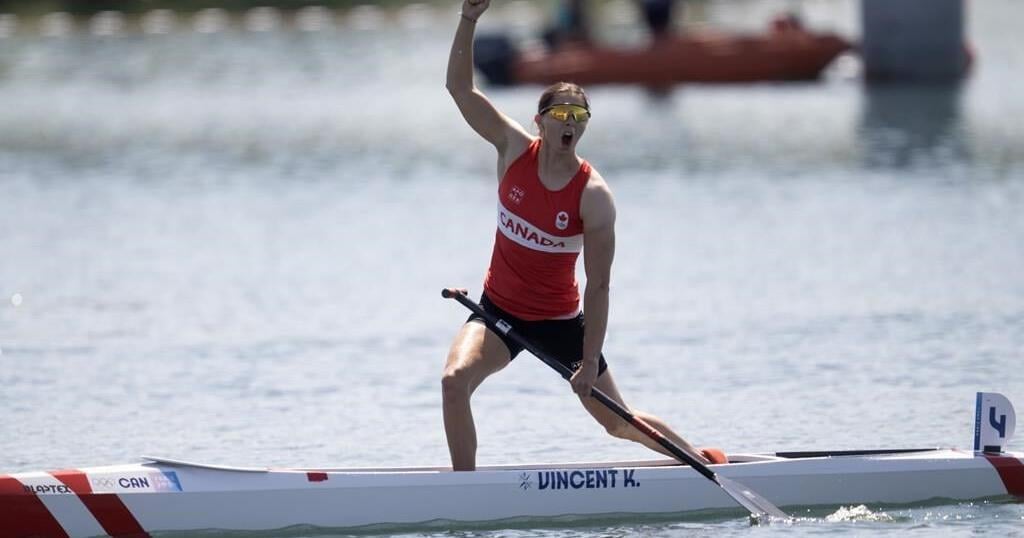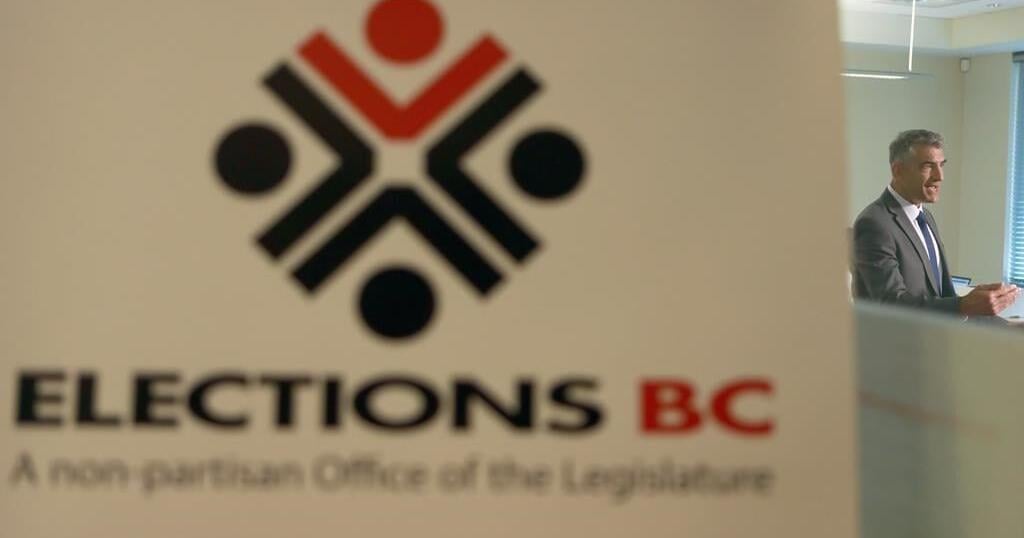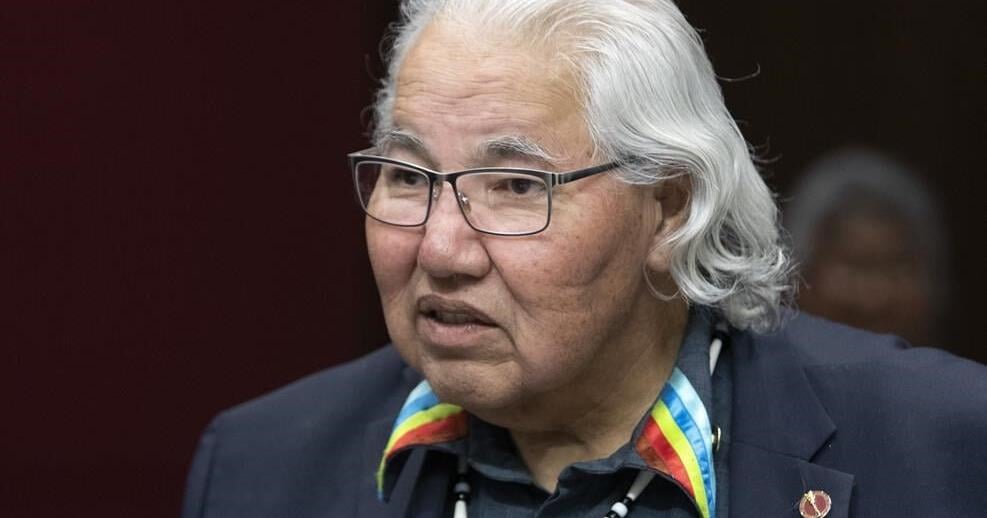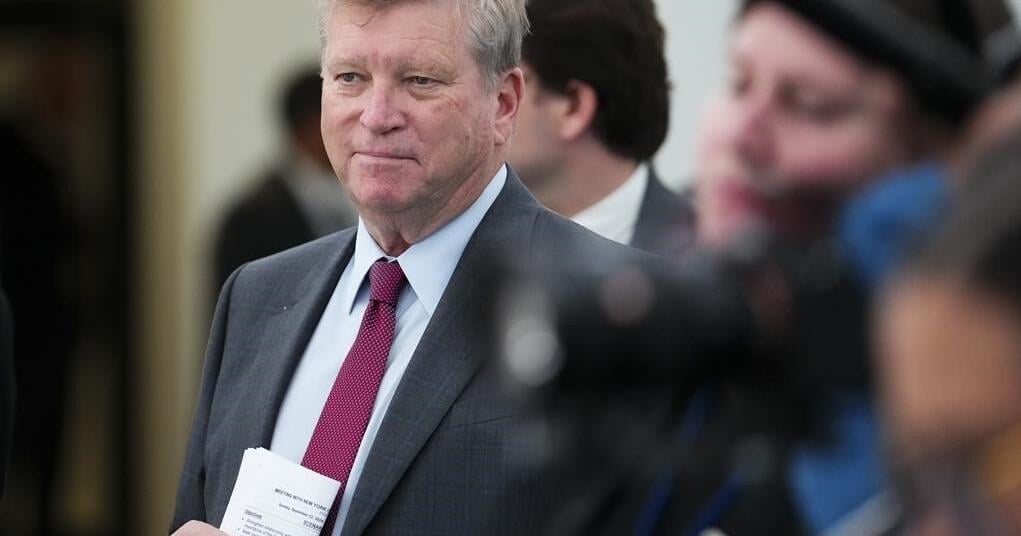PARIS – Katie Vincent rewrote the record book multiple times as she surged over the finish line in the women’s 200-metre sprint canoe final at the Paris Olympics on Saturday.
The 28-year-old canoeist from Mississauga, Ont., won the race in a world-record time of 44.12 seconds. And she won Canada’s eighth gold medal, and 25th overall, in Paris. Both totals set a new standard for Canadian athletes at a non-boycotted Olympics.
Vincent just beat out Nevin Harrison of the United States, who won silver in 44:13 seconds. Cuba’s Yarisleidis Cirilo took bronze.
Sophia Jensen, of Chelsea, Que., finished in sixth with a time of 45.08.
“It was just one of the most incredible C-1 finals that has probably ever happened for our sport,” Vincent said. “I’ve been around this sport for a long time, and I’ve been in the world championships finals and different events for the last 10 years at this level.
“And you know, 44.1 (seconds) was a dream seven or eight years ago. We were winning (with) times of 46, and then it got down to 45, and then slowly it got lower and lower. We’re approaching a 43.3 area, with the right day, and it’s just a credit to how hard all these girls are working all over the world.”
Vincent also became Canada’s third multi-medallist of the Games, joining swimmers Summer McIntosh (three gold, one silver) and Ilya Kharun (two bronze). She also teamed with Sloan MacKenzie of Dartmouth, N.S., to win bronze in the women’s double 500 on Friday.
Canada’s biggest haul was 10 gold and 44 total medals at the 1984 Los Angeles Games, but competition was diluted by an Eastern Bloc boycott led by the Soviet Union.
Earlier on Saturday, kayaker Michelle Russell, of Fall River, N.S., finished eighth in the women’s single 500m final and Riley Melanson of Dartmouth was sixth in a placing race.
Canada had more chances to add to its record title later Saturday with Edmonton’s Marco Arop running in the men’s 800 metres, Phil Kim of Vancouver competing in the men’s breaking event, Ana Paula Godinez Gonzalez of Burnaby, B.C., wrestling in the women’s 62-kilogram bronze-medal match and Canada’s women’s 4×400-metre relay team in action.
A couple of other Canadian podium opportunities came up short early Saturday.
Brooke Henderson continued a late charge up the women’s golf leaderboard, at one point climbing into a tie for fourth, before a couple of bogeys on her back nine dropped her to 1 under for the day and 3 under for the tournament, four shots behind third-place Lin Xiyu of China.
Still, the star golfer from Smiths Falls, Ont., did well to put herself in the mix heading into the final round after a mediocre start after carding a round of 5 under on Friday.
New Zealand’s Lydia Ko, a three-time Canadian Open champion, won gold at 10 under, two strokes ahead of Germany’s Esther Henseleit,
In diving, a costly error cost Rylan Wiens of Pike Lake, Sask., a chance to add to his medal haul.
Wiens was in third place halfway through the men’s 10-metre platform final, but a mistake on his fifth of six dives took him out of medal contention.
Wiens ended up seventh, three spots ahead of teammate Nathan Zsombor-Murray of Pointe-Claire, Que. The pair teamed up to win the men’s 10m synchronized bronze last week for Canada’s first-ever medal in the event.
Cao Yuan finished first to defend his Olympic title and give China an unprecedented sweep of the diving gold medals in Paris.
This report by The Canadian Press was first published Aug. 10, 2024.

























